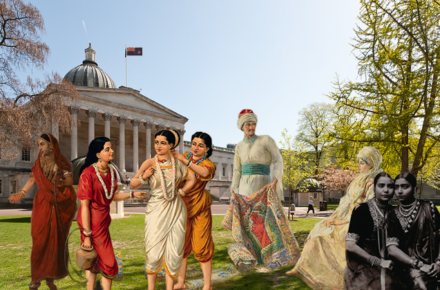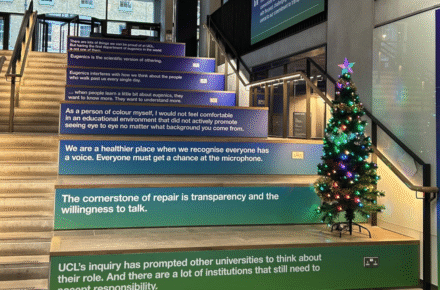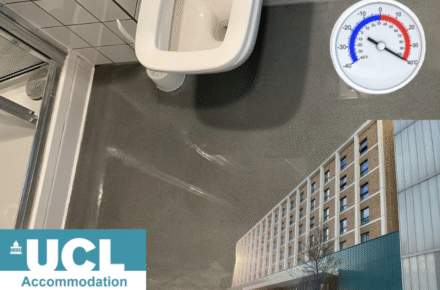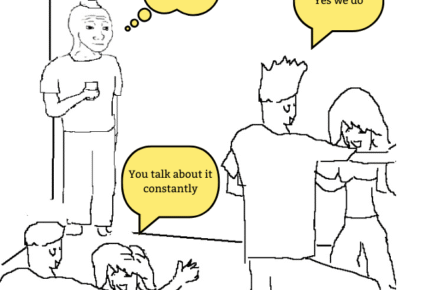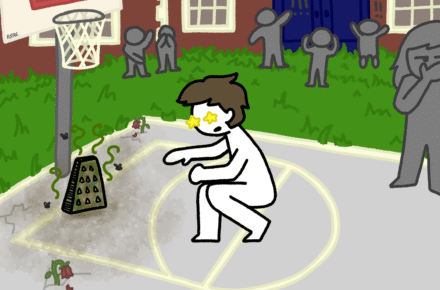In July 2021, Gavin Williamson, the former Secretary of State for Education, announced the Conservative party’s plans to cut the Office for Students (OfS) budget for arts courses by 50%. The government contended that more funds should be prioritised for STEM courses such as Medicine and Engineering. Any rational individual would agree with the logic behind this, especially following the COVID-19 crisis, where the safety of our country rested on the efficiency of the National Health Service and its critical workers. However, as an Archaeology student (a subject included in the government’s definition of “art courses”), I cannot help but have a personal discomfort with the messaging behind Williamson’s decision. When the world is thrown into a crisis and funding is presented as a limited resource, it is easy to see how the arts have been placed on the back burner; of course, a theatre performance is not imperative to our immediate survival. However, despite the government’s minimisation of their importance, the arts are, in fact, crucial to human health and happiness. Considering the government’s decision beyond the pandemic, I believe that the rejection of the arts as essential to human survival is potentially dangerous in the long term. And as always, it is not the leaders of the Conservative party who will face the repercussions of these decisions.
The OfS has explained that there are no cuts to student loans, only to the additional budget that the government body grants universities for teaching. Usually, universities receive “£243 per full-time student per year” for courses that require more resources, and hence, are more “expensive to teach”. Universities will now receive £121.50 per student in Performing Arts, Creative Arts, Archaeology, and Media Studies. The OfS has insisted that the media outcry is exaggerated because these budget cuts will ‘only’ equate to a loss of 1% of total funding per student if tuition fees are included. However, the effects of these cuts extend beyond the financial constraint they will create; it is crucial to situate the OfS decision within the wider context of arts education in the U.K.
Just last year, undergraduate study in Archaeology at the University of Sheffield, a world-leading department ranked 29th globally in 2020, was terminated. Professor Umberto Albarella, who had worked in the department since 2004, explained that the closure was brought on by low student enrollment and years of poor management by the University. He suggests that these failings occurred amidst the backdrop of “the government incentivising subjects such as science and engineering at the expense of arts and humanities”. During Albarella’s tenure, permanent teaching staff numbers in the department were reduced from 29 to 11. Thus, the OfS cuts appear as one more strike to the arts, with no sign of them being the last.
Moreover, the negative messaging behind the OfS decision will inevitably permeate into public consciousness. The arts being presented as unimportant and financially burdensome will undoubtedly further discourage young people from disadvantaged backgrounds from pursuing careers in these sectors. There are already significant issues with regards to equitable access to the arts; data released by the Higher Education Statistics Agency (HESA) earlier this year revealed that of the five higher education institutions with the greatest proportion of privately educated undergraduates, four were specialised in the arts. The OfS is only adding to these disparities in education instead of helping solve them. The government is propagating the view that art should only be a frivolous bourgeois hobby through its continual devaluation of artistic professions. This rhetoric greatly undermines the importance of the creative industries to our national economy (11bn annually) and the communal benefits of widening access to the arts. Such benefits include the expression and documentation of marginalised experiences, the deconstruction of elite ‘high’ culture and ultimately the transgression of limiting artistic boundaries.
In addition to these broader considerations, I am anxious about Williamson’s decision for personal reasons. When considering my own future, my thoughts are mired with the simmering pressure that my ambition to pursue Archaeology to graduate-level (and beyond) may not result in a stable career due to increasingly limited academic posts. I have also spent the last two years, like all of us, feeling the loss and frustration of not being able to access the arts in the usual ways due to the pandemic. Despite these challenges and obstacles, my appreciation of the arts has only grown; studying Archaeology has taught me the importance of heritage, art, and culture in shaping identities, manipulating power and communicating joy. From the 73,000-year-old cross-hatching in the Blombos Caves to the spectacular Olmec heads of Mesoamerica, I have no doubt that art is an essential component of the human experience.
Ultimately, a strong sense of optimism remains. Williamson’s announcement feels like an injustice because I believe there is a better solution. The government is increasingly feeding into the commodification of education by stifling subjects whose benefits cannot be exclusively financially quantified. By radically reassessing the potential economic and social benefits of the arts and by committing to broadening access to them, the government may have an opportunity to reverse the detrimental messaging of the OfS cuts. If studying the past 200,000 years of human history has taught me anything, it is that the arts are important, even if the Conservative party will have you believe otherwise.
Juliette Grieve
This article appeared in CG Issue 80


